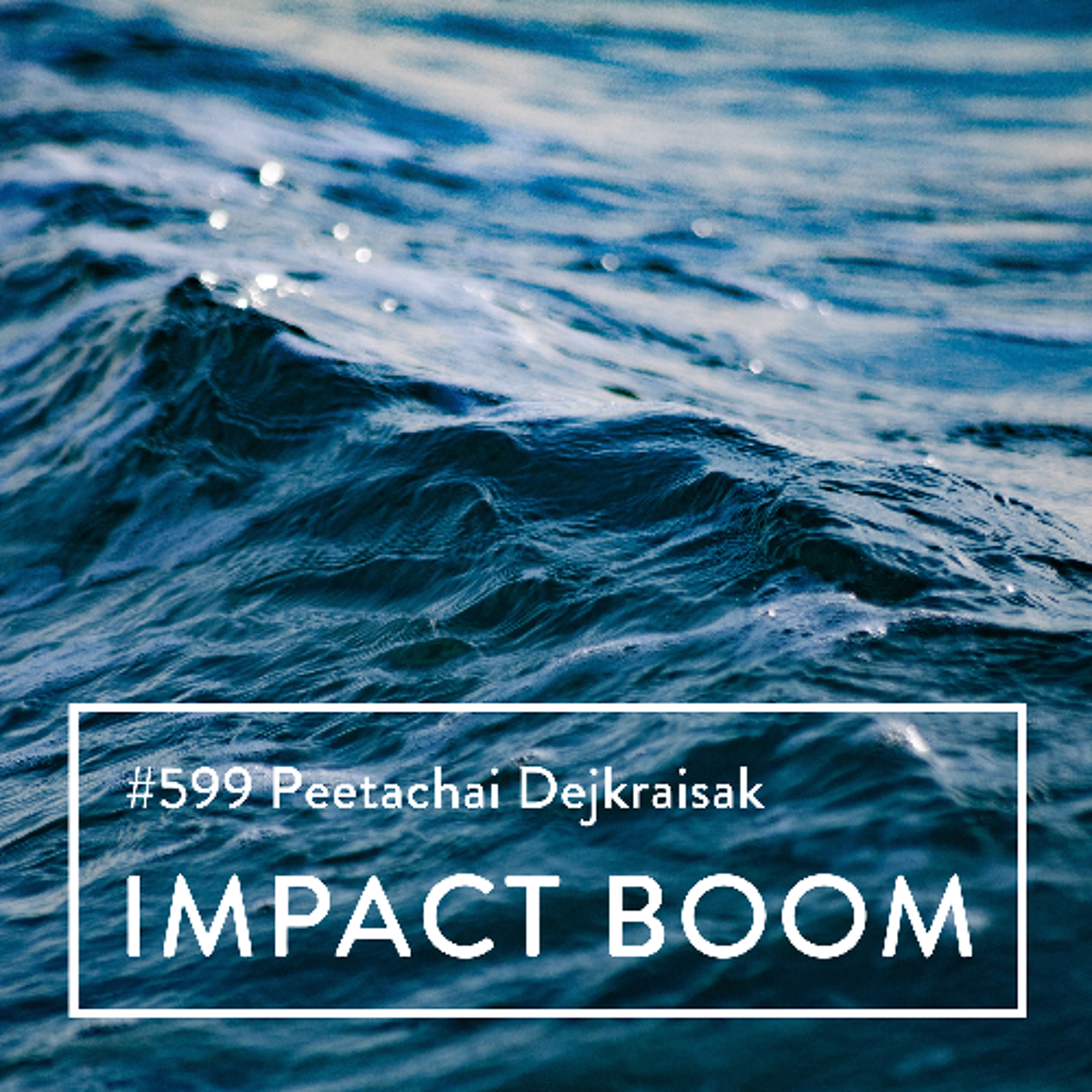Get 10 business ideas daily!
Get 10 business ideas daily! Join thousands of entrepreneurs who get 10 curated business ideas from podcasts delivered daily to their inbox.
Biodegradable Fertilizer from Coconut Waste
Found an idea? We can build it for you.
We design and develop SaaS, AI, and mobile products — from concept to launch in weeks.
Inspired by a conversation on:
Found an idea? We can build it for you.
We design and develop SaaS, AI, and mobile products — from concept to launch in weeks.
Direct Quote
"They said, wow, we have so much coconut waste. We don't know what to do with it."
Market Gap
Coconut companies struggle with excess waste management.
Summary
Categorization
Scores
Sign In to Access Deep Analysis
Create an account or sign in to request and view detailed business analysis.
Sign InHow should I validate this product idea before building it?
2:34 PM
Great question! For a product idea like this, I'd recommend starting with these validation steps:
- Customer interviews: Talk to Generalist to understand their pain points
- MVP approach: Build a simple landing page to test demand
- Competitor analysis: Research existing solutions and identify gaps
Would you like me to help you create a specific validation plan for your medium difficulty idea?
2:35 PM
Yes, and what about the technical implementation? Should I build this myself or hire a team?
2:36 PM
Based on your idea's complexity and 3-6 months, here's my recommendation:
Technical Strategy:
- Start with no-code tools for rapid prototyping
- Consider your technical background and available $1,000-$10,000
- Plan for scalability from day one
I can help you create a detailed technical roadmap and resource allocation plan...
2:37 PM
AI Business Coach
Get personalized guidance on implementation, validation, technical decisions, and go-to-market strategies for your business ideas.
Sign In to Access Implementation Roadmap
Create an account or sign in to get personalized implementation guidance.
Sign InSign In to Access Market Validation
Create an account or sign in to get comprehensive market analysis and validation strategies.
Sign InSign In to Access SEO Strategy
Create an account or sign in to get comprehensive SEO insights including seed keywords and content strategy.
Sign InSign In to Access Marketing Prompts
Create an account or sign in to generate ready-to-use marketing prompts for ads, landing pages, email campaigns, and more.
Sign InSimilar Ideas
Sustainable Packaging Solutions for Personal Care
A business could be established focusing on developing sustainable packaging solutions specifically for personal care products. This venture would involve researching and creating biodegradable or compostable materials that not only protect the product but also significantly reduce plastic waste. By collaborating with personal care brands, the company could offer them sustainable alternatives that maintain product integrity while appealing to environmentally conscious consumers. Marketing efforts could emphasize the dual benefits of sustainability and product effectiveness. Target audiences would include both established personal care brands seeking to enhance their sustainability initiatives and new brands looking to enter the market with eco-friendly offerings. Leveraging social media for community engagement and feedback would also be an effective tactic to ensure product-market fit.
